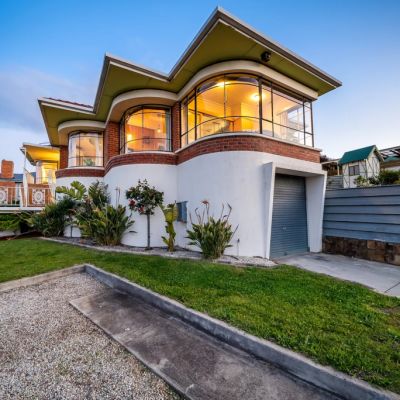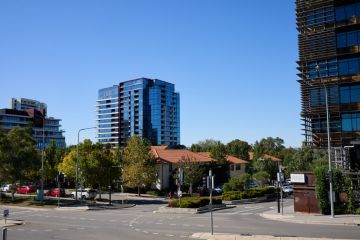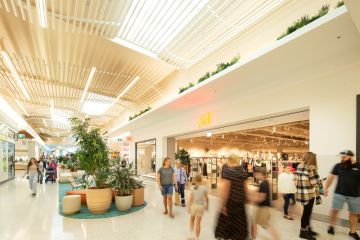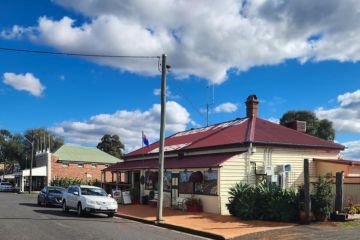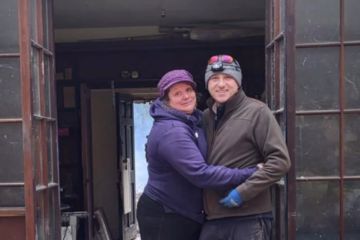‘Square one’: The type of property that makes it harder to climb the ladder
The price gap between houses and units has reached a record high, which could frustrate the property dreams of recent first home buyers, experts warn.
Cotality figures show the median house is worth about $363,000 more than the median unit, which is a 49.9 per cent premium to buy a freestanding home over an apartment. It is the largest premium the research house has recorded yet in both percentage and dollar terms.
The median house value across the combined capitals was $1,091,000, while the median unit value was $728,000, according to Cotality data. The gap was the largest in Sydney, at $689,000 (a 77.8 per cent premium), also a record high.
The gap remained high, albeit it had fallen from record levels, in some other cities, reaching $337,000 in Melbourne (53 per cent), $313,000 in Brisbane (40.4 per cent) and $276,000 in Perth (42.3 per cent).
Cotality head of Australian research Eliza Owen said the widening gap between house and unit prices could leave home owners who opted to buy an apartment for their first home unable to afford to upgrade later on.
“We’re ushering a generation of first home buyers into apartments, but the data shows they won’t get the same capital gain in that over time, and it makes it very hard for them to upgrade into a house if they want to do that,” she said. “Over the past five years, total growth in house values has been 52 per cent, and in units cumulative growth was less than half of that at 23 per cent.”

Owen said unit owners might find that by the time they were ready to upgrade, they could have less money in equity to help fuel their next purchase than if they had bought a house instead.
Houses are almost always worth more than units, particularly because a freestanding house comes with land. Owen said consumers tended to prefer houses because of known issues with buying into an apartment building.
“Units come with their own problems, and as more people are being diverted to units, we’re seeing more issues of strata mismanagement, expensive stratas and quality issues,” she said. “Even older apartment buildings seem to have issues with maintenance, and special levies are quite prevalent as well. These are all things people will factor into their purchase and will weigh on capital growth as well.”
Market Economics managing director Stephen Koukoulas said it was likely the gap would continue to widen because more units were forecast to be built than houses.
“There is a risk, and I think this is the thing with the way planning and rezoning is going, and the 1.2 million homes objective … there’s going to be a lot of new supply of apartment-type dwellings over the next 10 years, and there will be no new land, by definition,” he said.
Koukoulas agreed a large gap between house and unit prices would make it harder for apartment owners to upgrade later in life.
“In a sense, you’ll be starting again,” he said. “Sure, you’ll have a bit of equity in your apartment … but if in 10 years a house has gone up more than your apartment … you’ll be starting from square one,” he said.
William Buck chief economist Besa Deda said she expected unit prices to pick up relative to house prices in the near future, which could help close the price gap.
“Since October 1, first home buyer activity has accelerated given the changes to the first home deposit scheme, and I would think some of that interest would go into units,” she said.
Owen said the gap between houses and units had shrunk in most capital cities, mostly because houses had become prohibitively expensive, but she expected the premium buyers pay for a house to continue to increase over time.
“The premium has shrunk in most capitals, while it has continued to rise in Sydney and Canberra,” she said. “Affordability pressures have pushed buyers towards units. From a capital growth perspective, you’re still better off getting into a house market than a unit market.”
Owen said it might not be necessary for all home owners to have a freestanding home, but warned those who wanted to climb the property ladder to be aware of units’ relatively low growth.
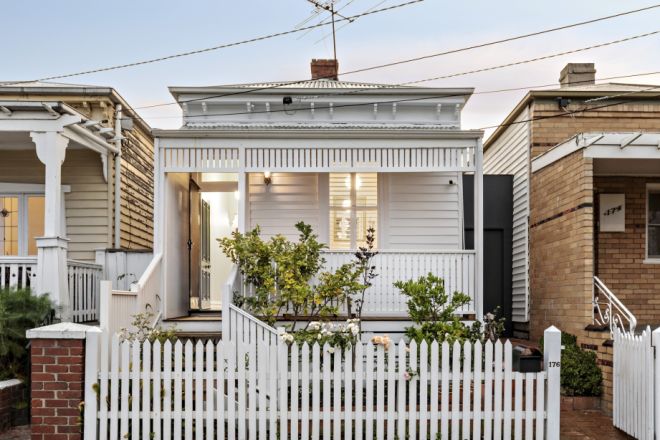
“If you’re looking to buy into a unit with the view of getting into the house market, this report should give you some pause,” she said.
“Capital growth isn’t the be all and end all for some people. If you’re motivated by having your own place, units are a relatively affordable entry point into most markets.”
We recommend
States
Capital Cities
Capital Cities - Rentals
Popular Areas
Allhomes
More
- © 2026, CoStar Group Inc.
